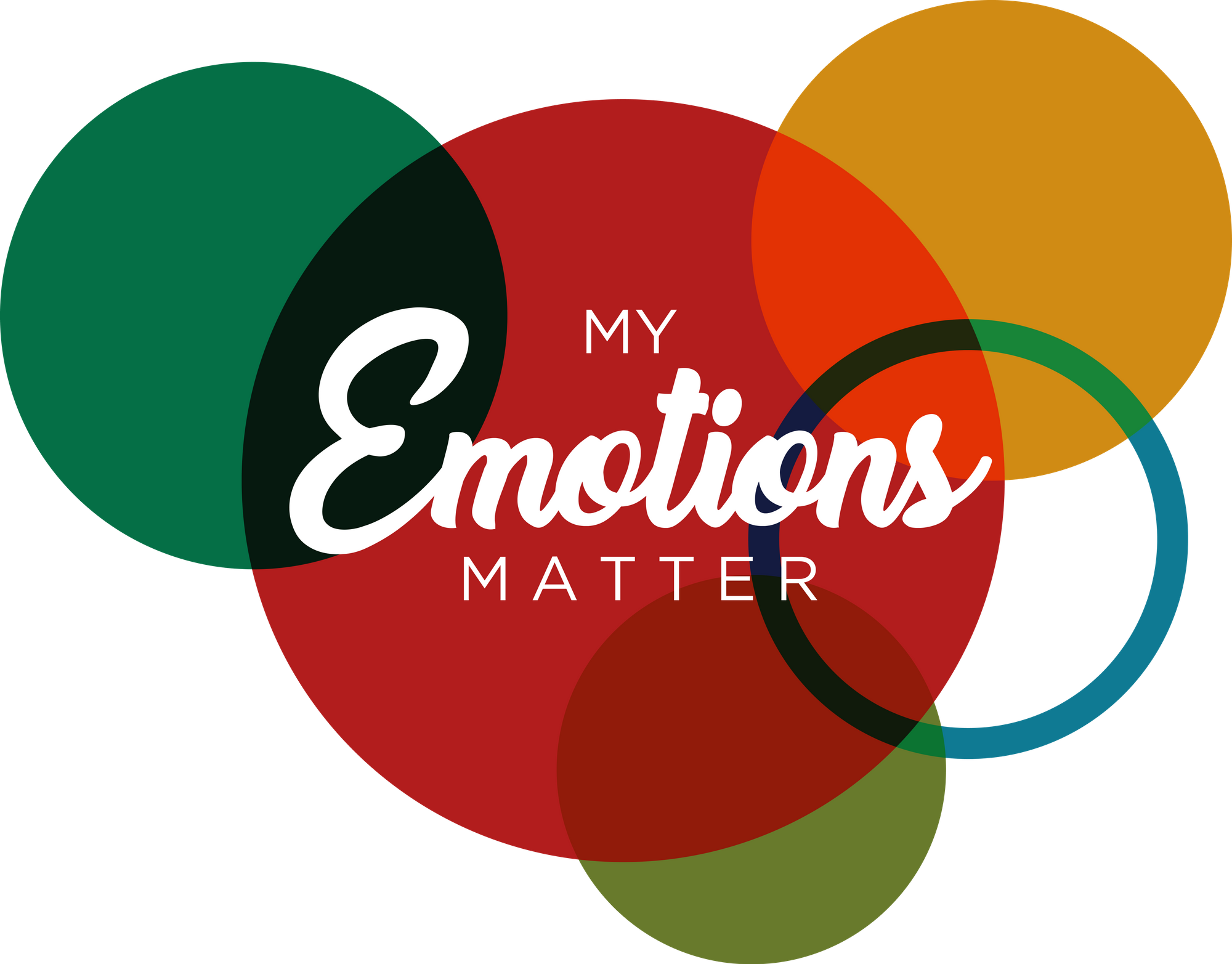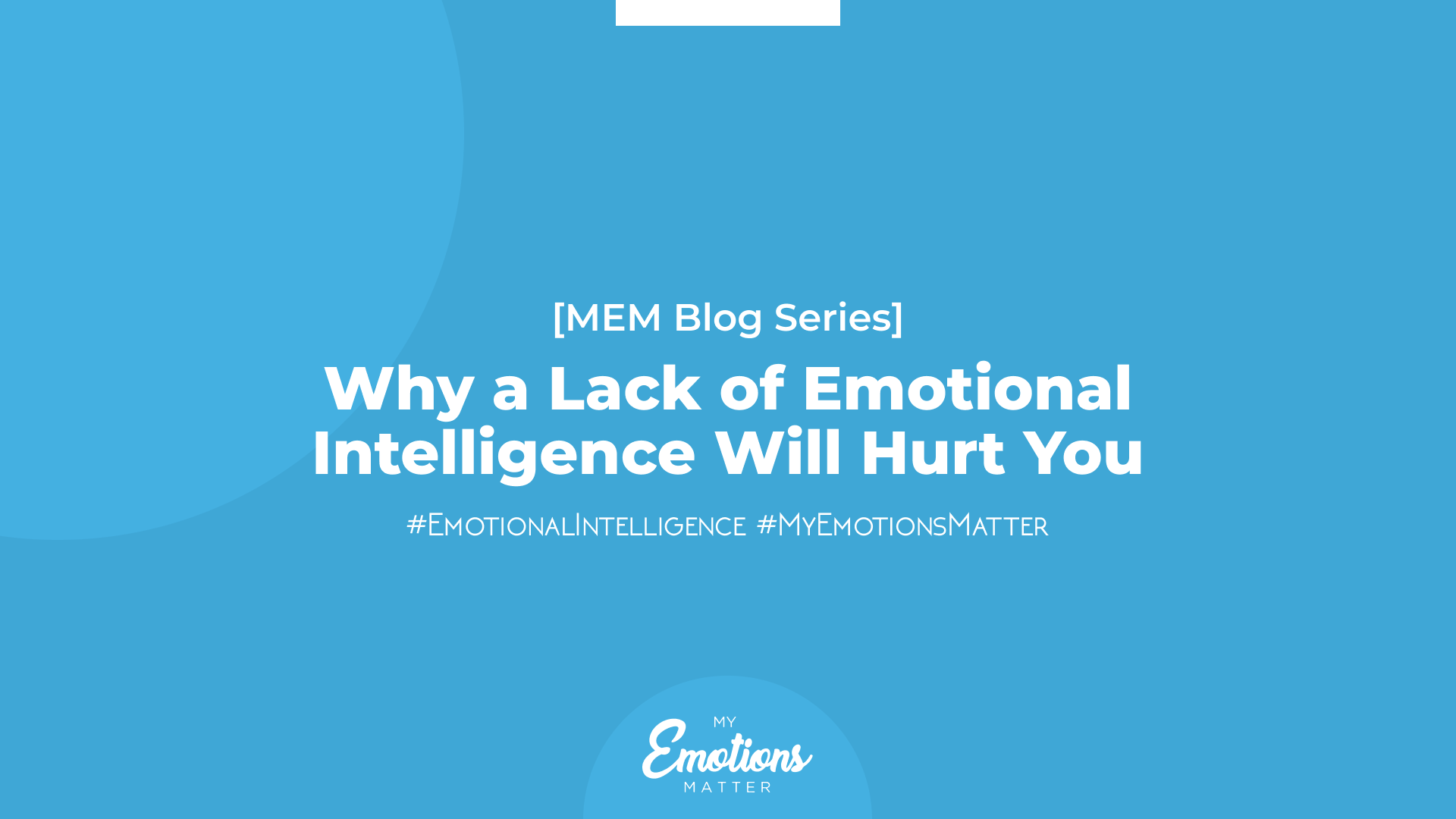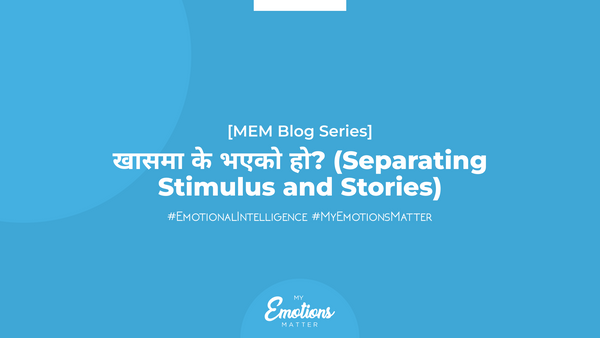Why a Lack of Emotional Intelligence Will Hurt You
You and your friend are conversing over a cup of coffee during the weekend. Everything's fine until you start discussing conflicting perspectives on a topic. You initially try to listen to what it means for your friend to say the exact opposite of what you believe, but it eventually gets hard. The next thing you know, you can't stand your friend and say something like, "Oh, what do you know?" (Inside your head, if not out loud.) And now, I'm sure you've already pictured the worst-case scenarios that might follow.
Hurting Ourselves vs. Understanding Ourselves
You possibly wanted a great time reconnecting with your friend. Soon those intentions go astray. You start arguing, believing that your friend is against you. You then continue small talk, go home and take some time off, or storm off. You feel regretful and angry. You start questioning, "Am I the one incapable of explaining myself?" "Is it that difficult for someone to understand me?"
With Emotional Intelligence, we can save ourselves from hurt. Instead of readily acting upon the emotions that arise, we make efforts to take a pause and understand what's going on for us. Emotional Intelligence can give us this reality check. It can help us remind ourselves that others don't have to agree with us to understand us.
To understand ourselves better, we can:
- Keep a log of our thoughts, emotions, and actions; journal daily.
- Ask ourselves what matters to us.
- Practice observing ourselves in the third person, meaning rather than saying, "I did this..." "This happened to me..." we see ourselves like another person and say, "This person earlier was talking to her friends joyfully." "This person is now trying to do her work, but she is distracted by notifications." We judge ourselves too often, but practicing third-person observation can open us to knowing ourselves better.
- Look for recurring patterns and what they might be telling us about us. Let's say we check messages and not replying until much later. What might it mean? It could either mean that we need time to process what we will say, we may be hesitant to get back, or perhaps we're forgetful.
- Notice our judgments since they communicate our underlying values. For instance, if we judge our friend for talking over us, we probably value listening or giving each other the space to share thoughts.
Hurting Others vs. Understanding Others
How might you go on to hurt your friend in the situation we discussed? You'll most likely not listen to them or cut them short. You might be rigid about your views. You'd rather accuse than understand. In protecting your perspectives from attack, you don't realize when you begin to attack your friend with blame, criticisms, and judgments.
With Emotional Intelligence, we try to understand even if the people we love don't think the way we do- it does not mean they're against us. When we exercise Emotional Intelligence, we don't see differences as distance- it just means that we have different needs and values, which we each need to honor without necessarily pulling each other down. Had you tried to put aside your judgments and connect with why your friend disagrees with you, you would have had a better chance to understand them. You would walk out of the conversation gratified rather than holding grudges against each other.
To understand people around us better, we can:
- Ask them what their needs are.
- Become curious about their thoughts, recurring emotional states, and what they usually spend their time doing.
- Notice their judgments without judgment to know their values. For instance, if they tell us that gossiping puts them off, they probably value authentic communication and empathy.
- Try to know what they enjoy, what challenges them, and where they need support.
- Understand how our actions impact them and what we can do to make their life easier.
Inviting Others to Hurt Us vs. Inviting Others to Understand Us
When you didn't take a moment to understand how you felt, reacted impulsively, and treated your friend harshly, you invited them to be more defensive toward you and understand you less. When you were hurt or angry, you blamed them for your unpleasantness. You didn't consider how your words and actions contributed to it too. You might have complained your friend didn't listen while you were mocking their perspectives instead of drawing their interest toward what you believe in and what matters to you.
Rather than remaining stuck in the assumptions and complaints that others don't understand us, Emotional Intelligence helps us hold ourselves accountable to find ways and solutions to invite others to understand us. People are not mind readers, so unless we express what matters to us and why, people might not know what we need.
To invite others to understand us, we can:
- Take time with our loved ones to communicate what is going well for us, where we're struggling, and how we need their support or understanding.
- Convey our priorities, needs, and values.
- Communicate about our expectations of them rather than waiting around for them to read our minds.
Without Emotional Intelligence, there are no efforts to understand. There is only a propensity to hurt ourselves and others. With Emotional Intelligence, we harbor the resources, skills, and abilities to create opportunities for understanding ourselves and others and inviting others to understand us.




